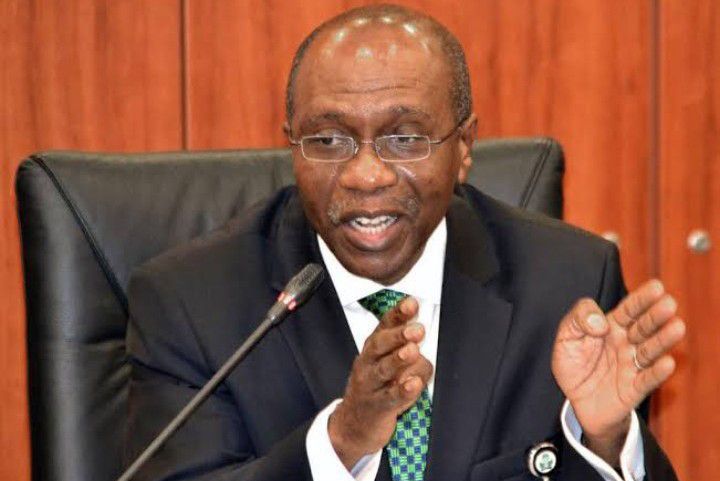With escalating demand for foreign exchange for both goods and services by Nigerians, the Central Bank of Nigeria (CBN) has ensured that it would continue to make deliberate efforts in the foreign exchange sector to avert further downward slide in the value of the Naira, which it said was fuelled by speculative tendencies.
The Director, of Corporate Communications at the CBN, Mr. Osita Nwanisobi, yesterday, advised the public to resist the urge of succumbing to the speculative activities of some players in the foreign exchange market.
Reiterating an earlier position of the CBN Governor, Mr. Godwin Emefiele (he) urged Nigerians to play their role by adjusting their consumption patterns, looking inwards and finding innovative solutions to the country’s challenges.
He submitted that Monetary policy alone could not bear all the burden of the expected adjustments needed to manage the challenges around Nigeria’s foreign exchange and admonished, “It’s our collective duty as Nigerians to shore up the value of the Naira”.
According to him, the CBN remained committed to resolving the foreign exchange issues confronting the nation and as such has been working to manage both the demand and supply side challenges.
The spokesperson said that recent initiatives undertaken by the CBN Bank such as the RT200 FX Programme and the Naira4Dollar rebate scheme had helped to increase foreign exchange inflow to the country.”
According to him, the bank’s records showed that foreign exchange inflow through the RT200 FX Programme in the first and second quarters of 2022 increased significantly to about US$600 million as of June 2022.
Similarly, he disclosed that the Naira4Dollar incentive also increased the volume of Diaspora remittances during the first half of the year.
Continuing, Mr. Nwanisobi said, “interventions such as 100 for 100 Policy on Production and Productivity, Anchor Borrowers’ Programme (ABP) and the Non-Oil Export Stimulation Facility (NESF), among others, were also geared towards diversifying the economy, enhancing the inflow of foreign exchange, Stimulating production and reducing foreign exchange demand pressure.”

